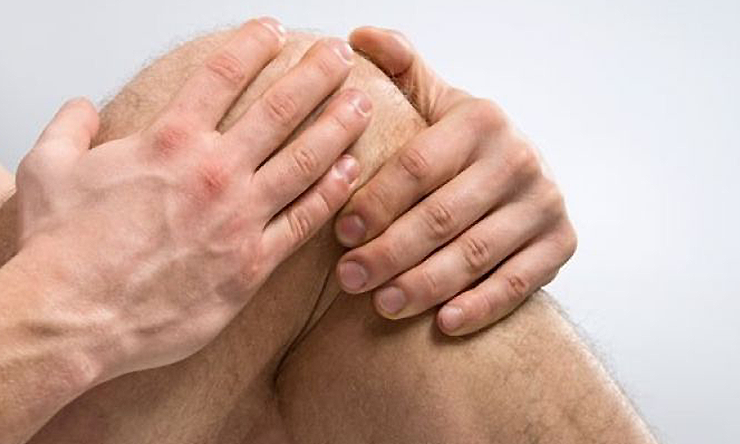Baylor receives NIH funding to study neuronal anatomy of the knee joint
Baylor College of Medicine has been named a site for the Restoring Joint Health and Function to Reduce Pain (RE-JOIN) Consortium, part of the National Institutes of Health’s Helping to End Addiction Long-term® (HEAL) Initiative. Baylor researchers will be awarded up to $12 million over five years to map and characterize the neurons that supply the tissues forming the knee joint and mediate the sensation of pain.
The HEAL Initiative is a trans-agency effort to speed scientific solutions to stem the national opioid public health crisis. As part of that effort, the RE-JOIN Consortium aims to map and characterize every neuron around the knee joint.
“We need a better understanding of neuronal inputs to the joint and how those inputs change with chronic diseases, like osteoarthritis, physical impact and aging,” said Dr. Brendan Lee, principal investigator, professor and chair of the Department of Molecular and Human Genetics and Robert and Janice McNair Endowed Chair in Molecular and Human Genetics at Baylor. “With this information, we can begin to develop therapies to target those neuronal inputs and potentially impact pain, joint function and eventually regeneration.”
The Baylor team will use state-of-the-art technologies to create a neuronal connectivity and molecular map of the neurons that innervate the knee joint in mouse models of osteoarthritis, which will help identify molecular signatures that can be targeted for therapy. The research will include mouse models of different ages and of both sexes and test joint effects after exercise and after gene therapy that delivers an experimental osteoarthritis medication directly to the joint.
Dr. Benjamin Arenkiel, professor of molecular and human genetics and neuroscience and McNair Scholar, Dr. Russell Ray, associate professor of neuroscience, molecular physiology and biophysics and biochemistry and molecular biology and McNair Scholar, and Dr. Joshua Wythe, associate professor of integrative physiology and neurosurgery, all are co-principal investigators for the Baylor site. Dr. Rui Chen, professor of molecular and human genetics, will contribute to the research as a co-investigator. Baylor also will lead the consortium-wide administrative core for all five sites of the consortium.
This research is funded by the National Institute of Arthritis and Musculoskeletal and Skin Diseases, grant 1UC2AR082200-01. Read more about the RE-JOIN Consortium here.










